Landed a remote gig? Looking to pack up your laptop and live life on the road? Need a week to recharge batteries and kick up your feet?
Digital nomad life is emerging in a multitude of forms, and organizations are responding with remote work offers. From civic sweeteners and national incentives to short-term rental platforms, bridges are being erected to connect people to jobs anywhere on the planet.

Airbnb’s Live and Work Anywhere initiative, for example, encourages its employees to live and work remotely with equitable compensation and coordinated internal systems. After announcing the program this April, the travel app revealed partnerships with 20 of the world’s most remote-friendly destinations in July. These locales not only make it easier for people to live and work from home from anywhere, but these collaborations also aim to support governments and revive economic pipelines and local business after two-plus years of travel restrictions.
One hitch to a world travel agenda is that many companies require remote workers to remain in the United States or in countries of origin. Luckily, Reviews.org put together a quick-and-dirty list of 10 great remote locations in the U.S. to live as a wandering worker. At The Manual, we’re taking inspiration from Airbnb and Reviews.org to compare digital nomad destinations in the U.S. and beyond. How do Seattle and the Canary Islands fit together? Read on to find out.
Seattle, Washington and the Canary Islands
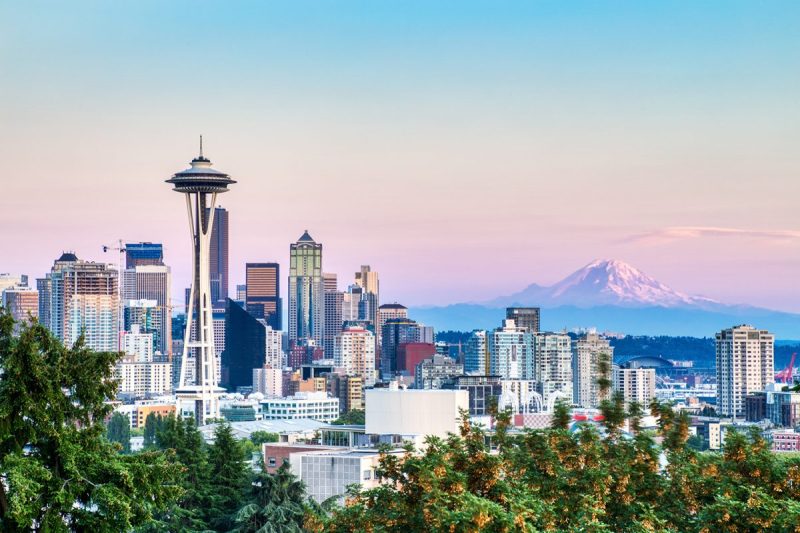
Seattle and the Canary Islands?! The Pacific Northwest versus Macaronesia off of Africa? What could these two have in common? Well, quite a lot actually.
Each of these outposts acts as international hubs. Each subsequently offers a crackling collision of cultures. And each features an incredible mix of nightlife, local flavor, and outdoor access.
Seattle sits in the northwest corner of the U.S., just a few hours’ drive to Canada. Home of Amazon, Boeing, and other international corporations, there are plenty of coffee shops, libraries, and other hubs to plug in. European and Asian influences bake into American flavors to offer an array of cuisines. Entertainment is endless, with major museums, musical hotspots, and pro sports teams. Just a ferry ride away are rural Vashon Island and Bainbridge Island and the sprawling Olympic National Forest, the country’s only continental rainforest. To the east are the Cascade Mountains, an all-weather adventure wonderland.
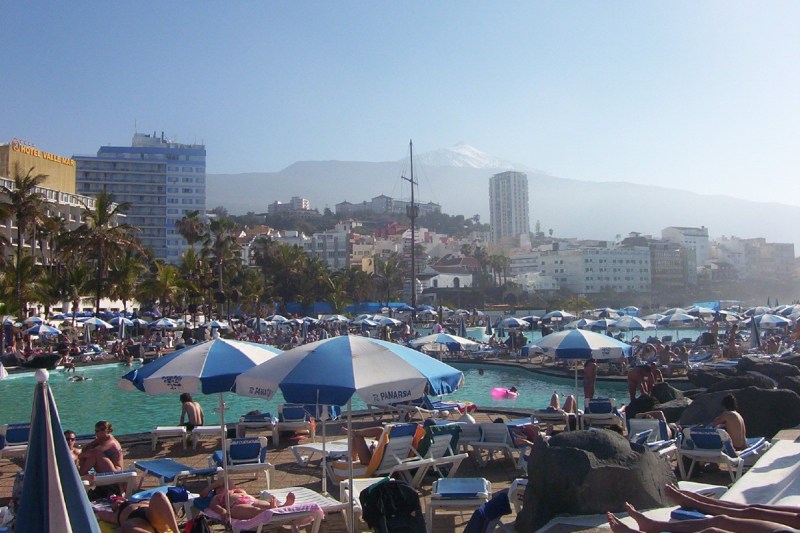
Similarly, the Spanish Canaries check all the boxes for working in a digital nomad paradise. Lying about 60 miles west of Morocco at its closest point, tourists fly in from around the world to enjoy a multitude of activities. An important nexus of North America, Europe, and Africa, these influences shape an irresistible melange of music, food, and fun.
Remote workers can join in and plug in on Tenerife, Fuerteventura, and/or Gran Canaria, the archipelago’s three largest islands. A solid infrastructure provides high-speed internet and multiple nomad hubs. When city life gets to be too much, nearby nature access includes forests, rivers, mountains, and the ocean. The chain’s southern locale offers year-round spring weather. And as part of the European Union, the cost of living is affordable.
San Francisco, California and Lisbon, Portugal

Both hill cities overlooking a great body of water, San Francisco and Lisbon, each offer eclectic, urban lifestyles for the on-the-go digital nomad. One is just a bit more expensive than the other.
With many diverse, distinct cultures, an offbeat reputation, running trails for miles, and a character that precedes itself, San Francisco is one of the world’s great international capitals. San Francisco is also one of the more expensive towns to put down roots. Ironically, it’s a great place to experience a livable salary for a temporary stay. Be it a Friday through a Monday or a months-long jaunt, there’s enough to keep visitors occupied inside and outside of San Francisco.
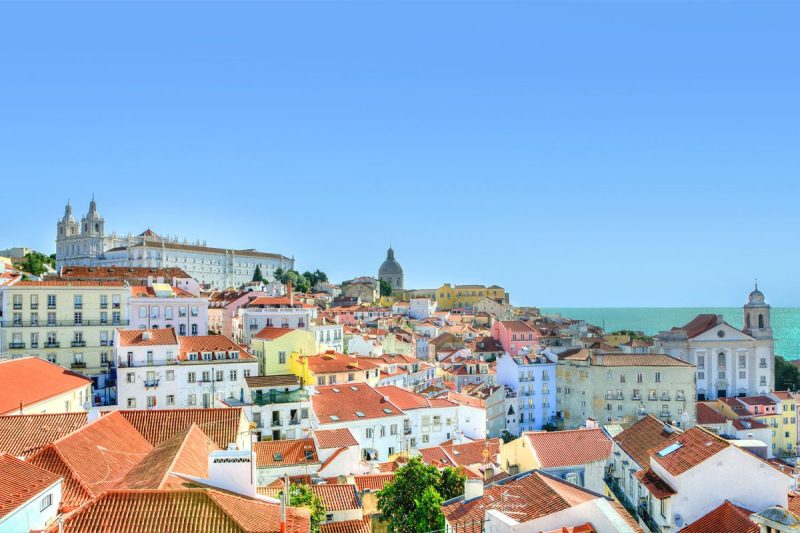
What may be a further jump, but a definitively cheaper choice is coastal Lisbon. Portugal’s capital city wears its age like a sage philosopher, having “discovered” the world hundreds of years ago, and today, its people and places exude chill charm and wisdom.
The sun shines 290 days a year in Lisbon and the temperature rarely drops below 60 degrees. Famous for its hospitality, the city welcomes newcomers and the streets are safe for wandering day or night. Like its Pacific cousin, much of Lisbon’s cuisine is dedicated to perfecting a thousand ways to cook seafood. This graceful age also welcomes the future with dozens of hubs for digital travelers.
Denver, Colorado and Cape Town, South Africa
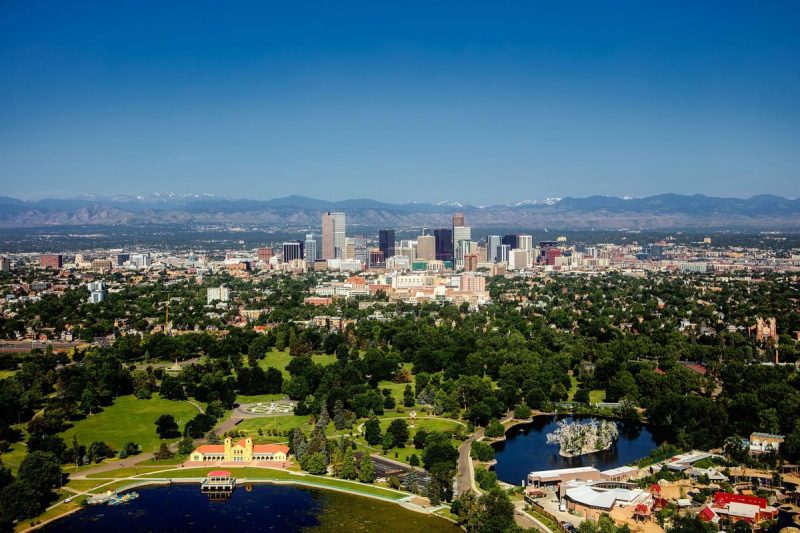
One landlocked and the other connecting two oceans, Denver and Cape Town might not seem comparable at first glance, but the midsized towns have much in common. The two cities sit at mountainous feet, and each range makes for a sunny, plentiful place to throw down laptops for a time.
The people who flock to Cape Town and Denver find futuristic urban hubs. These innovative cities harbor young urban tech workers from around the world. Major industry offers opportunity, as Denver is home to several military and government conglomerates, whereas Cape Town hosts several large chemical firms.
Both cities serve as midsized commercial centers surrounded by miles of trail-studded, rocky heights. Cape Town is surrounded by some of South Africa’s best wine country. From fresh lamb to ostrich and wild game to subtropical fruits and avocados, meat and just-picked produce are plentiful. In Denver, it’s the suds that flow with over 140 brew pubs to date. Fed by Great Plains ranches and farms, Denver serves up some of the best fresh beef steak, greens, and potatoes in the West.
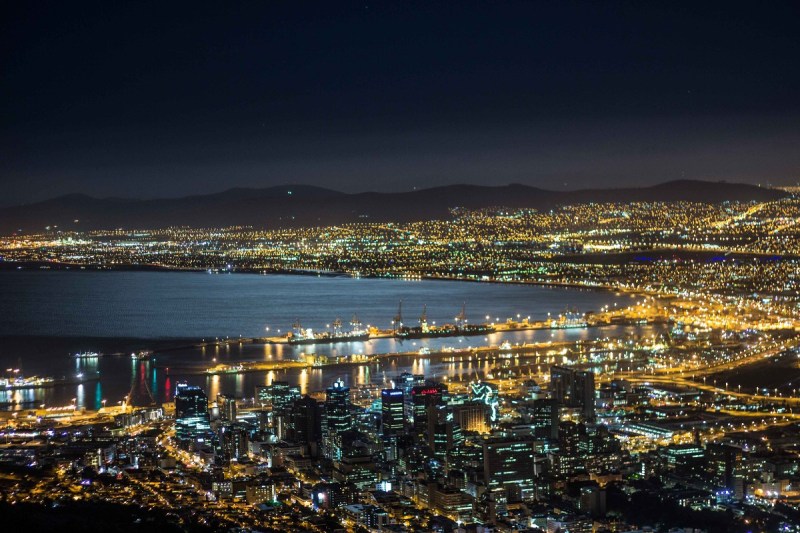
Atlanta, Georgia and Bangkok, Thailand
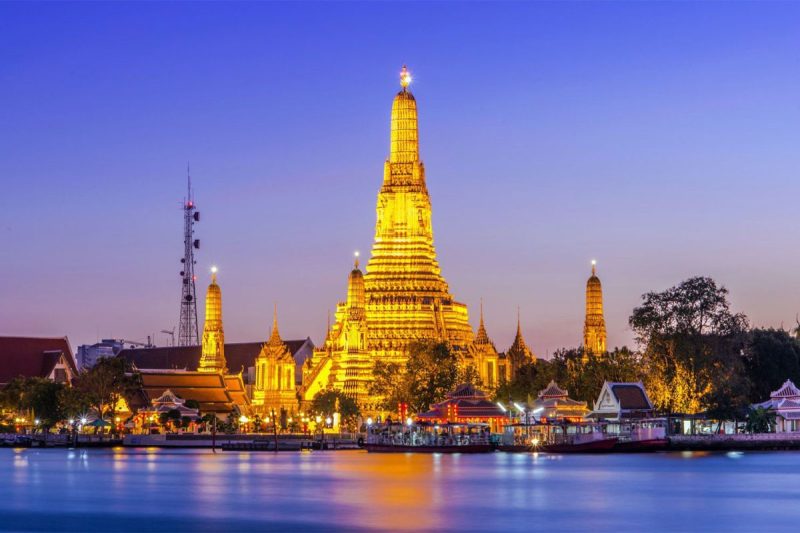
Atlanta and Bangkok vibrate with a sweltering, sultry pulse. The unofficial capitals of the South and Southeast Asia, respectively, have a lot in common to offer unplugged wanderers looking for short- and long-term stays.
Positioned as the bullseye between India to the west, Australia to the south, Oceania to the east, and China to the north, Bangkok is one of the most visited cities in the world. The capital of the ancient Thai kingdom, Bangkok, has been attracting visitors for thousands of years. Tourists run headlong into a collision of cultural tradition and modernity. Stunning palaces and temples sit beside skyscrapers and an endless swathe of humanity. From dark alleyways to exclusive eateries, the food is world class, and the hospitality is second to none. This isn’t even to mention the hundreds of beaches, jungles, and rolling green wild nearby.
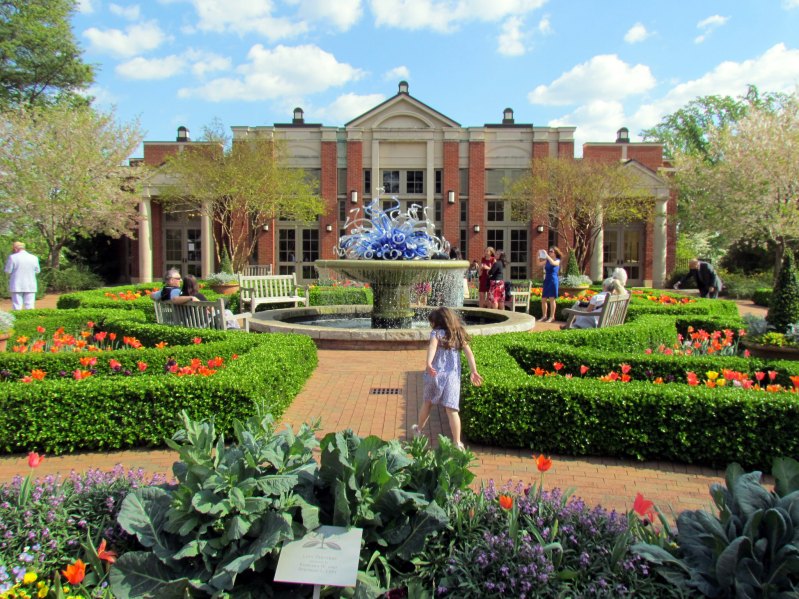
Likewise, Atlanta’s liveliness erupts from its plants as well as its people. The “City in the Forest” sports dozens of parks, creeks, and trails meandering through luminous, welcoming neighborhoods. Southern hospitality and diverse businesses make up Funky Little Five Points, trendy Midtown, historic Downtown, and sophisticated Buckhead. Not only are Black-owned businesses celebrated here, but Atlanta is known as a top destination for LGBTQ+ travel.
And if it’s nature that’s calling, the Chattahoochee River leads the way to the North Georgia mountains, the Southernmost edge of the Appalachian Mountains.
Chicago, Illinois and Buenos Aires, Argentina
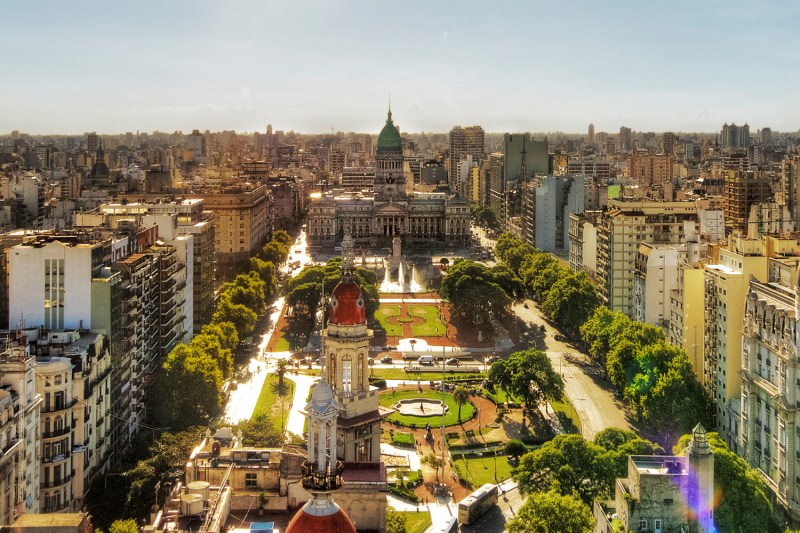
These two world cities share a remarkable history. Buenos Aires and Chicago each grew during the 19th century as inland conduits for moving meat and grain from the fertile frontier to eastern markets. Today, the pair are still thriving cosmopolitan metropolises with a multitude of the fun, food, fine experiences, and places that ingratiate any wireless traveler.
The passion runs high in each town. Buenos Aires is the home of the steamy tango while Chicago sweats to the blues. These traditional styles give way to all sorts of musical offerings and stages of all sizes.
As former meat production capitals, there’s no comparison to the assortment of cuts and casings, from frankfurters, kielbasa, and T-bones in Chicago to bratwurst, chorizo, and fire-grilled flank steak in Buenos Aires.
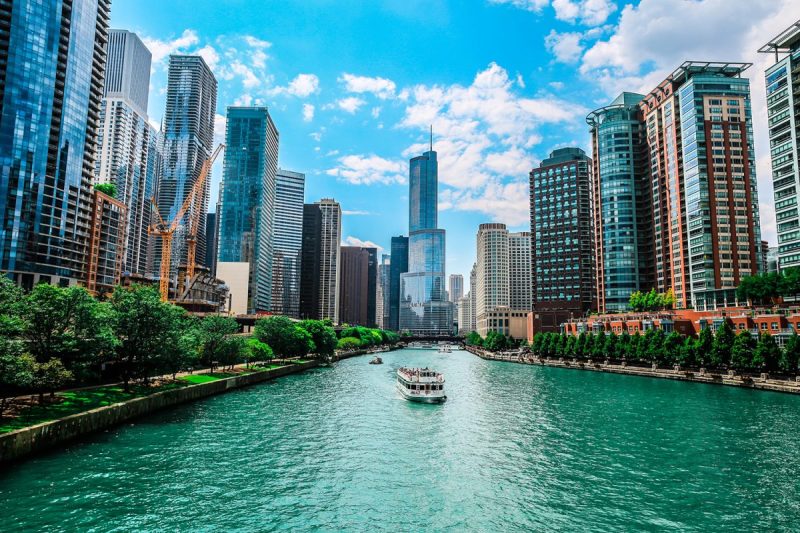
There’s a character to Chicago and Buenos Aires, indicative of its Western settlers and influenced by later immigrations. After Europeans followed big industry to the Windy City, the Great Migration flowed from the South. African Americans in search of freedom and jobs made their indelible imprint on the town. In Buenos Aires, waves of German and Japanese immigrants in the 20th century added new spice to the Spanish colonial town.
Nowadays, there are hundreds of bars, cafes, co-work offices, and other locales to plug into and plenty of vibrant, unique neighborhoods to hang digital hats in the North and South American cultural hubs.
Get Out There
There may be no better time in American history for remote work. Companies and offices reshaped by COVID-19 policies are more lenient about physical presence than ever, and the post-pandemic world is begging to be explored.



